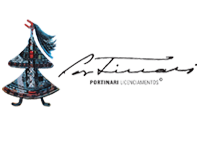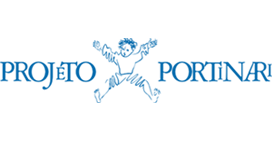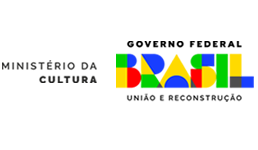General Info
Family background; schooling; graduation in Medicine; going to Paris in 1936; chooses endocrinology; limitations of Escola de Medicina in Rio; fortuitous coincidence of working in Paris; meeting Jane; marriage; World War II; return to Brazil; difficulty in buying a boat ticket to return to Brazil; back into the market place; connection with art; illustration of medical books; collector’s bent; the painting "Rooster"; relationship with Portinari; Portinari as the family’s support; getting acquainted with Portinari; "rapport" with Portinari’s physical disability; congenital luxation; Portinari overcomes any complex; need for orthopedic care; Olga’s operation marks the beginning of a friendship with Portinari; family doctor; visits to Brodósqui; friendship with Portinari’s father; unassuming manner of the Portinari family; Portinari comes to Rio; position as medical counsellor; Portinari’s profile; Portinari’s fondness for his work; Maria’s activities; Portinari’s interest in Israel; Portinari’s depression following separation; Portinari’s illness; the risks of green and yellow pigments; beginning of Portinari’s allergy; Portinari’s penchant for waistcoats; Portinari’s working pattern; characteristics of Portinari’s behavior; Portinari’s conflict with Concretism; old Batista’s stories; Portinari family and religion; French friends' influence on Portinari’s political inclinations; the electoral fraud in Portinari’s candidature for Senate; mutual admiration between Getúlio and Portinari; Portinari gives Getúlio a present; losses as a result of Portinari's political option; the cold shoulder from the United Nations/UN; Jayme de Barros intervenes in the setting of the "War" and "Peace" panels in the UN building; Portinari’s communism; Portinari’s connection with Prestes; Portinari’s contribution to the Communist Party; Portinari’s relationship with intellectuals during the Estado Novo; the beginning of Portinari’s illness; Portinari’s illness and output; Portinari’s mortal crisis; connection between Portinari’s illness and colors; the reaction of paint manufacturers; Mem’s personal preference for the "Northeastern Migrants Series"; the vigor of Portinari’s work; Portinari’s study for stained glass window; the limitation of the Brazilian paint industry; criticism of Antonio Bento’s book; Portinari’s gifts; the Portinari's separation from Maria; Portinari’s poetry; aspects of Portinari’s social life; Portinari, the portrait painter; Portinari’s favorite works; Portinari’s habits; Portinari’s death; Portinari’s deafness; appreciation of Portinari’s work.
























































